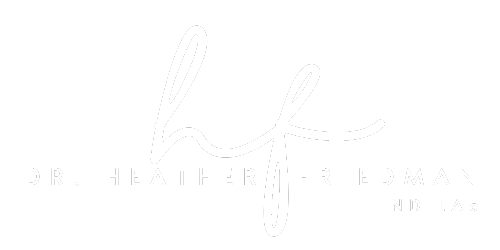Wiser Than Me: A Love Letter to the Aging Self
If you ask any woman—do you like aging?—most would probably say no. And who could blame them? We live in a world flooded with messaging that encourages us to resist, conceal, and even fear the aging process.
As an aesthetic provider, I’ve spent years thinking about this tension. My work in facial rejuvenation—through tools like Botox, Sculptra, and other regenerative treatments—sits right at the intersection of beauty, self-acceptance, and aging. I’m constantly searching for narratives that challenge the mainstream pressure to “stay young” at all costs. One that’s deeply resonated with me is Julia Louis-Dreyfus’s podcast Wiser Than Me, where she interviews women in their golden years.
An episode that truly stayed with me featured Jane Fonda. Her wisdom around aging, wellness, and regret was both grounding and thought-provoking.
Four Key Lessons from Jane Fonda
1. Movement is everything.
At 85, Jane Fonda reflects on her lifelong relationship with exercise as one of her most cherished decisions. Movement, she says, not only helped her through cancer, but also sustained her sense of vitality. I often tell my clients that beauty starts with how you feel in your body—and this is a reminder of that truth.
2. Life happens in three takes.
Fonda describes life in thirds: the first 30 years, the second 30, and the third. If we’re lucky enough to live that long, each take offers its own purpose and wisdom. I see this mirrored in my practice—each decade brings a shift in how we care for ourselves and what we seek from treatments like Botox or Sculptra.
3. Youth isn’t always easy.
Fonda reminds us that being young can be much harder than it looks, especially for women. So many of us, myself included, spent our youth learning to accommodate others rather than knowing and honoring ourselves. Aging, when met with grace, allows us to reclaim that.
4. Regret doesn’t have to define you.
Jane Fonda openly shares that she regrets having had a facelift, wishing she had allowed herself to age more naturally. That doesn’t mean there’s no room for aesthetic medicine—far from it. But it invites us to choose treatments that align with our values and support natural, graceful aging.
The Practice of Beauty and Aging
Listening to these women—Wiser Than Me women—has reminded me to lean into the signs of aging on my own face. In a culture that often sells youth as the only form of beauty, I find myself returning to this core belief: we can care for our skin, our health, and our spirit simultaneously. Treatments like Sculptra or Botox don’t have to come from a place of rejection—they can come from a deep desire to feel radiant, supported, and empowered through every stage of life.
As Dr. Heather Friedman, I believe in a practice of aesthetics that honors the whole person. That means integrating medical treatments with emotional awareness, helping patients feel both refreshed and more like themselves—not less.
We are aging. And that’s not a problem to fix. It’s a reality to live into with presence, wisdom, and care.
So here’s to the third take. To the wrinkles we’ve earned. To the skin that holds our stories. And to the ongoing practice of loving ourselves—more and more.


